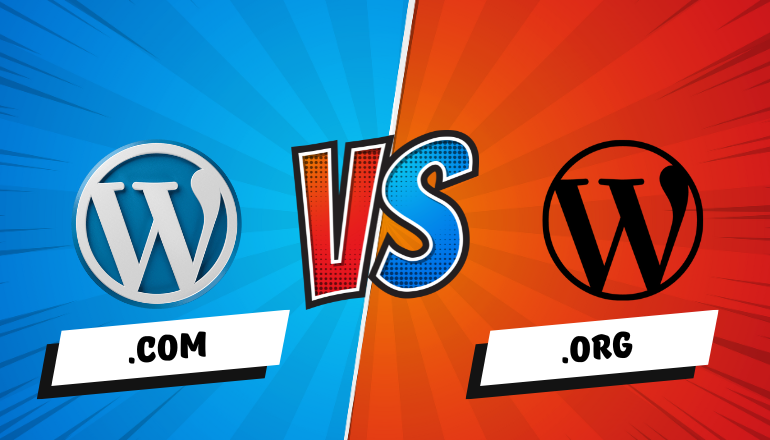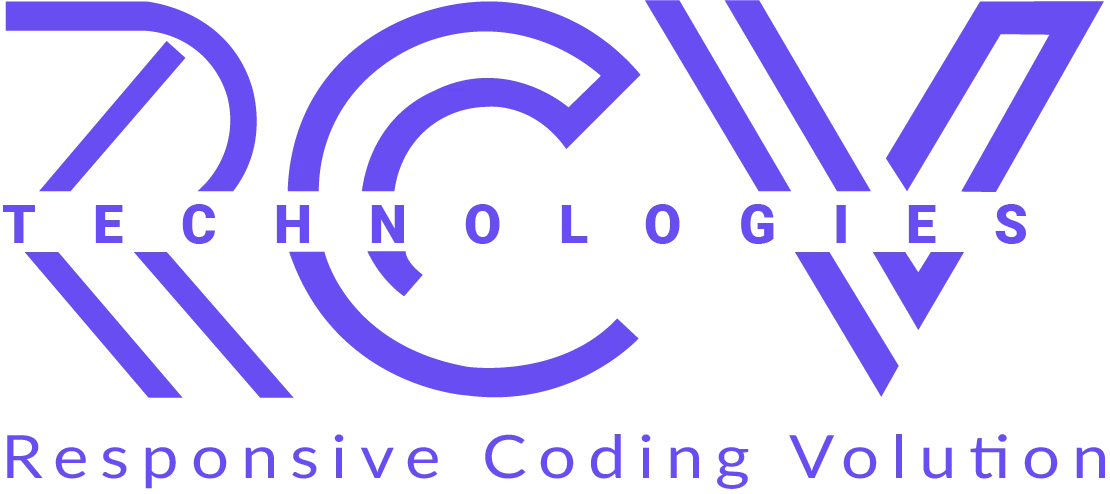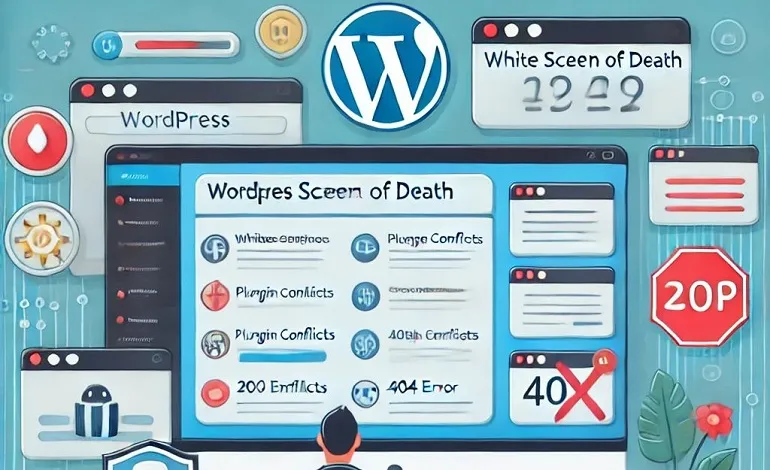What is the difference between WordPress.com and WordPress.org?

The difference between WordPress.com and WordPress.org primarily lies in how they operate and the level of control they provide to users. Here’s a breakdown of the key differences:
WordPress.com
Overview
WordPress.com is a hosted platform that takes care of all the technical aspects of running a website.
Advantages
- Ease of Use:
- Solution: Ideal for beginners with no technical skills; it offers an intuitive interface for creating and managing content.
- Maintenance-Free:
- Solution: WordPress.com handles all updates, backups, and security, allowing you to focus solely on your content.
- Free Plan:
- Solution: A free option is available to start blogging with basic features.
Disadvantages
- Limited Customization:
- You cannot upload custom themes or plugins unless you upgrade.
- Solution: Upgrade to a paid plan (Business or higher) for full customization options.
- Ads and Monetization Restrictions:
- Ads are displayed on free plans, and you can’t run your own ads.
- Solution: Upgrade to a Business plan to remove ads and enable monetization options.
- Subdomain URL:
- Your website URL will include “.wordpress.com” unless you pay for a custom domain.
- Solution: Purchase a custom domain through WordPress.com to improve professionalism.
WordPress.org
Overview
WordPress.org provides the software needed to build and manage your website, which you must host yourself.
Advantages
- Full Control:
- Solution: You can customize every aspect of your site, from themes to plugins, allowing for a unique online presence.
- Unlimited Monetization Options:
- Solution: You have the freedom to monetize your site in any way you choose, from ads to eCommerce.
- Wide Range of Plugins and Themes:
- Solution: Access thousands of free and premium plugins and themes to enhance functionality and design.
Disadvantages
- Requires Technical Knowledge:
- You may need some technical skills to set up and manage your website.
- Solution: Utilize tutorials, online courses, or hire a developer for assistance.
- Responsibility for Maintenance:
- You are responsible for updates, security, and backups.
- Solution: Use managed hosting services that offer maintenance as part of their packages or use plugins to automate backups and security.
- Hosting Costs:
- You must pay for hosting and a domain name, which can be a barrier for some users.
- Solution: Look for affordable hosting providers with good support and consider sharing hosting with other projects to reduce costs.
Conclusion
- WordPress.com is excellent for those who want a hassle-free way to start a blog or small website without technical responsibilities. It’s suitable for personal projects or casual blogging.
- WordPress.org is better for users looking for flexibility, control, and monetization opportunities. It’s ideal for businesses, eCommerce sites, and serious bloggers willing to manage their website.
Recommendation
- If you want a straightforward blogging experience and are not concerned about customization or monetization, start with WordPress.com.
- If you are serious about building a professional website with full control and monetization options, invest the time to learn WordPress.org.
By weighing the advantages and disadvantages, you can make an informed decision that best fits your needs and technical comfort level.






